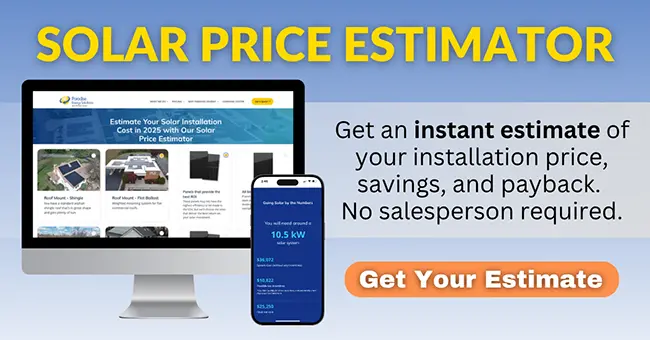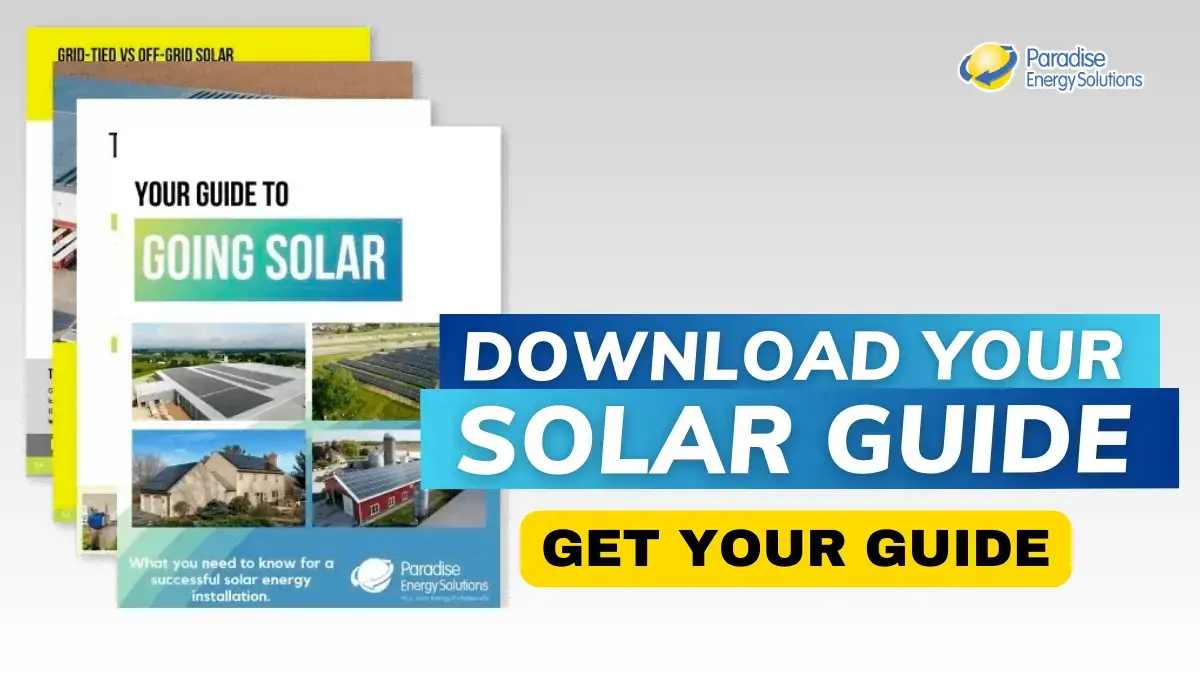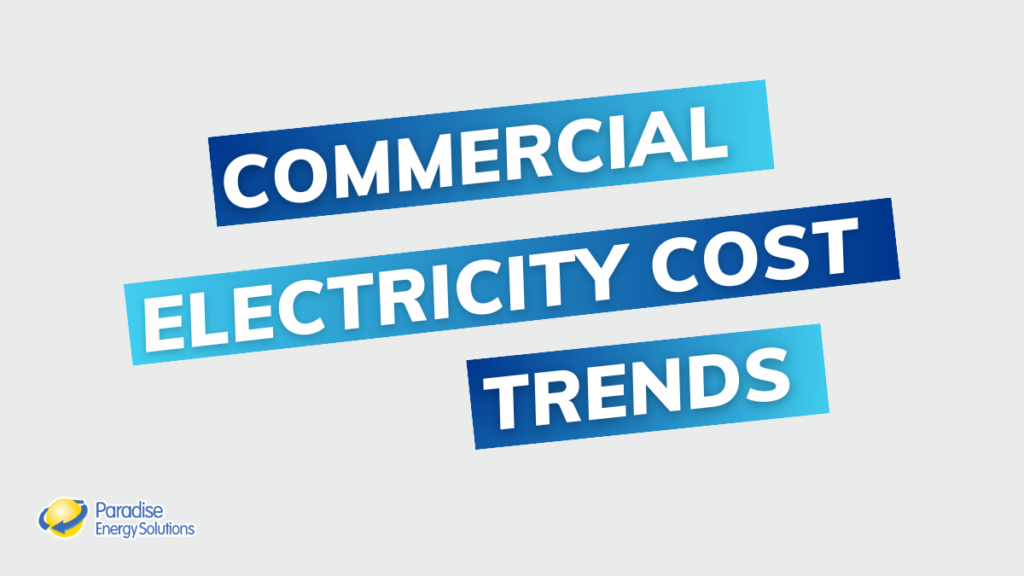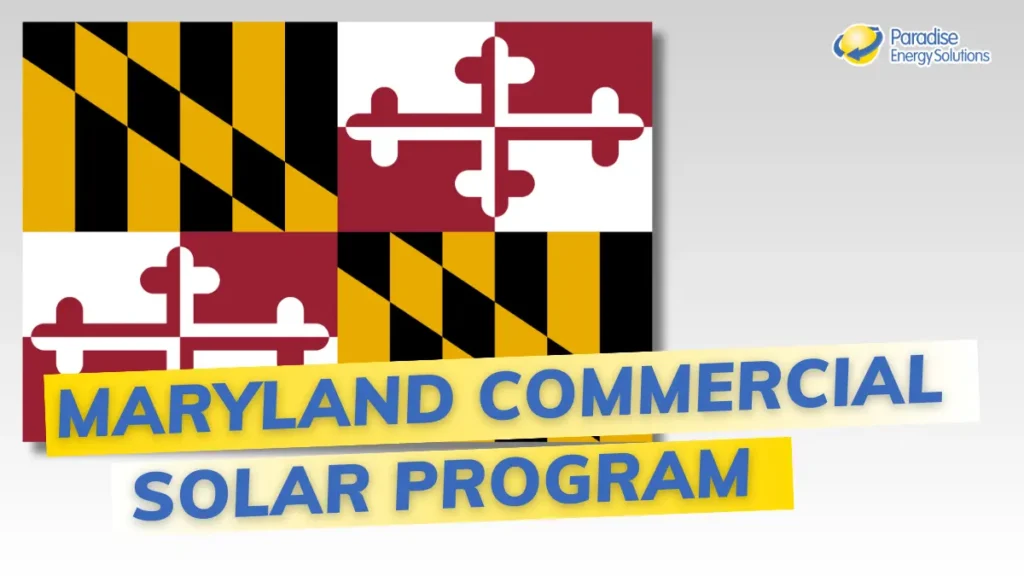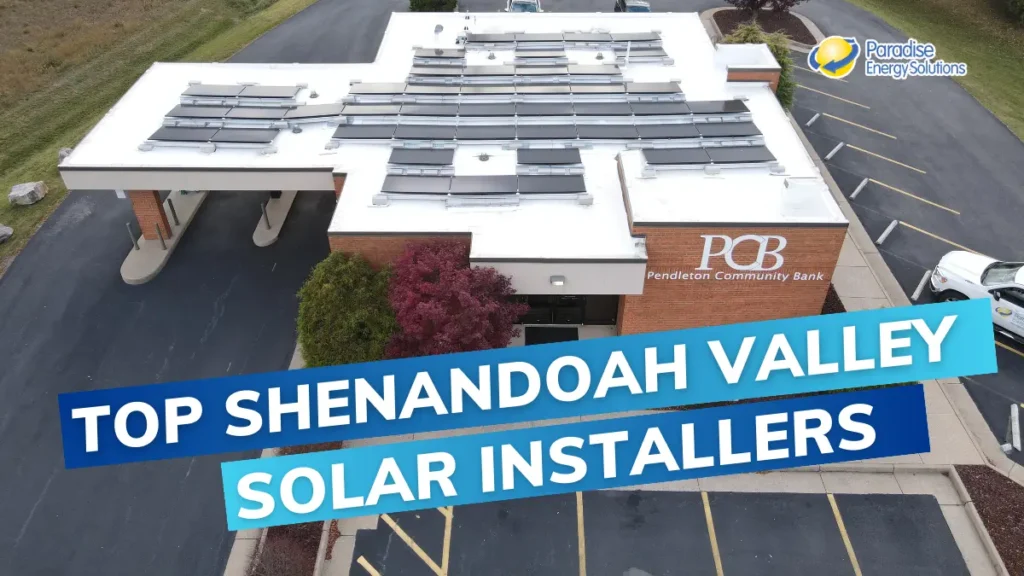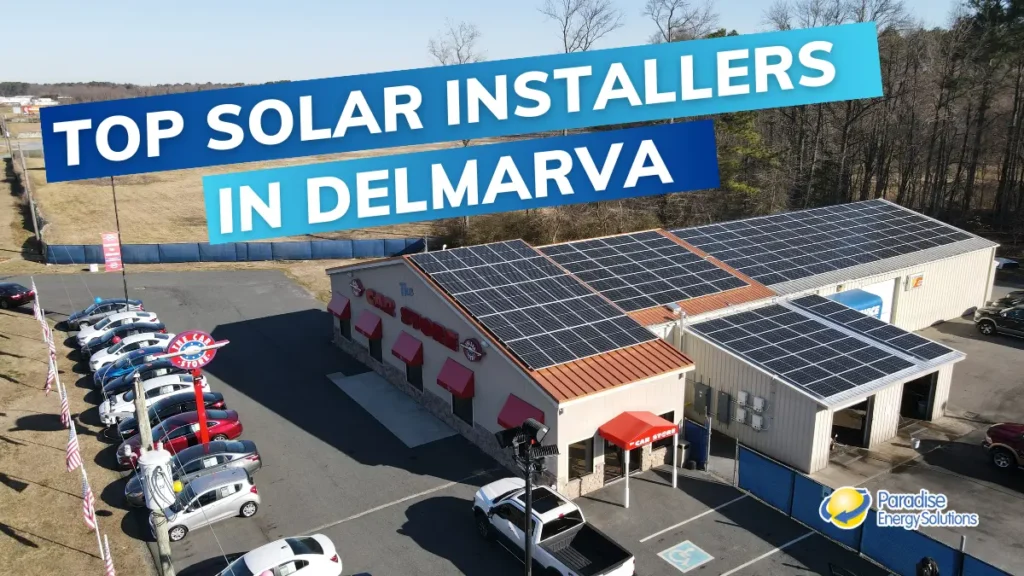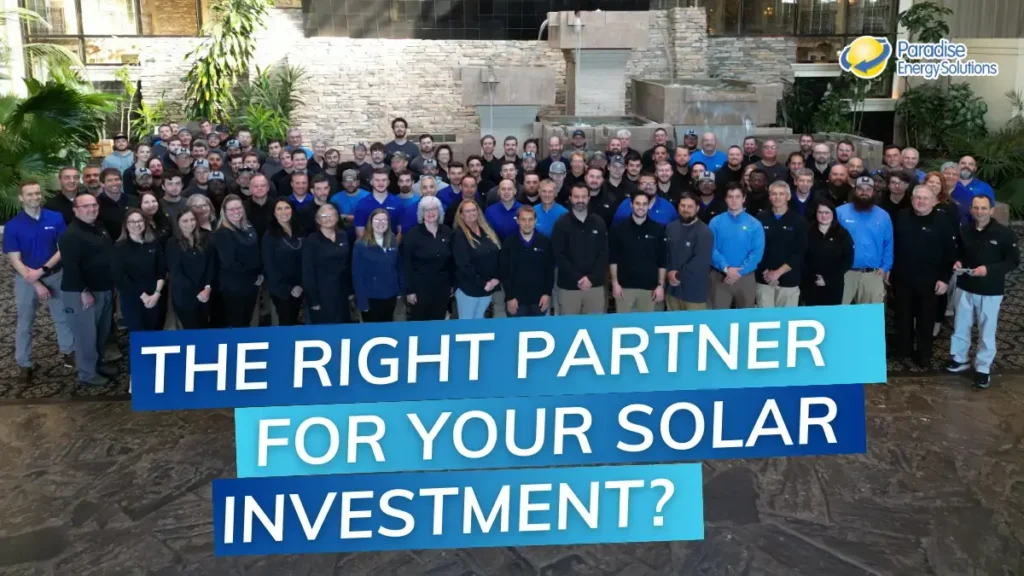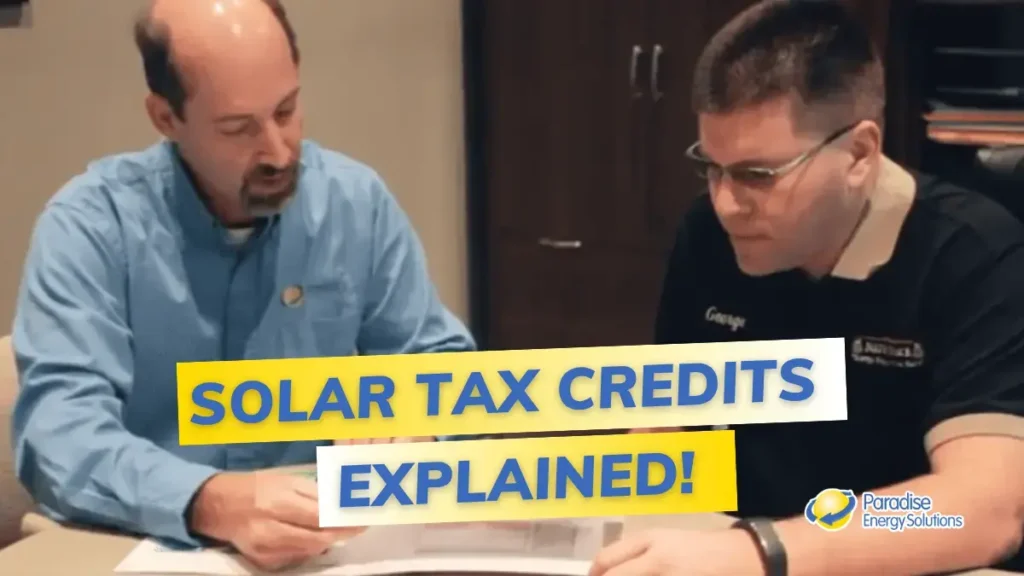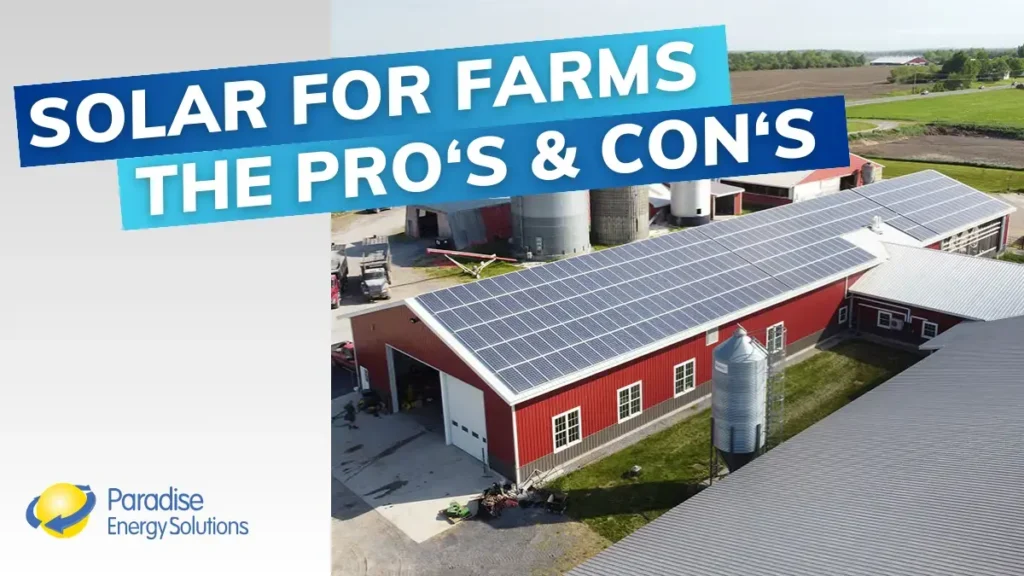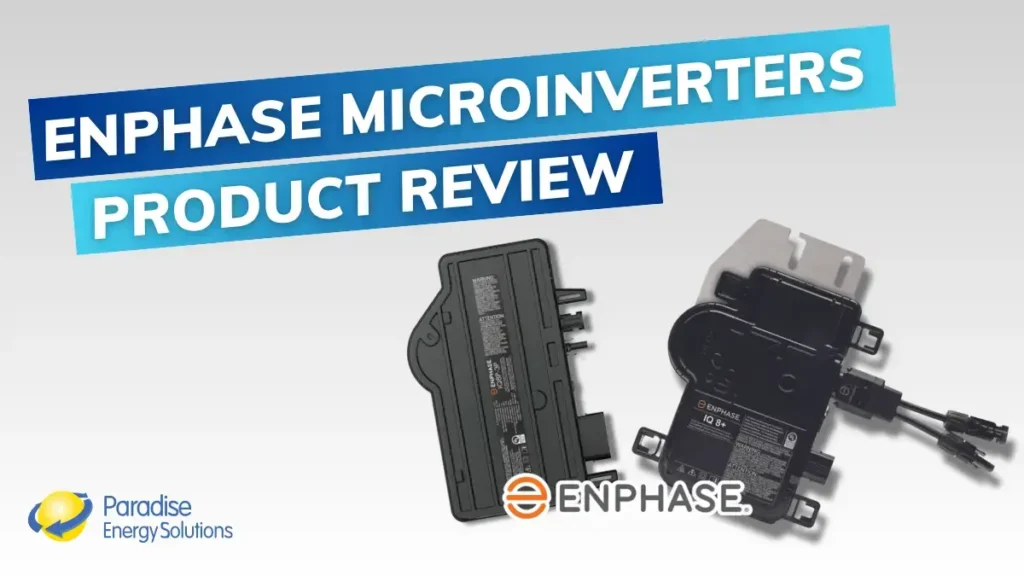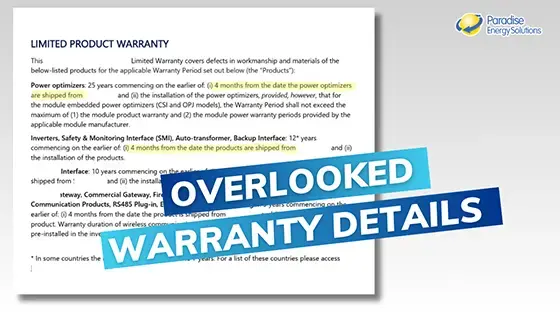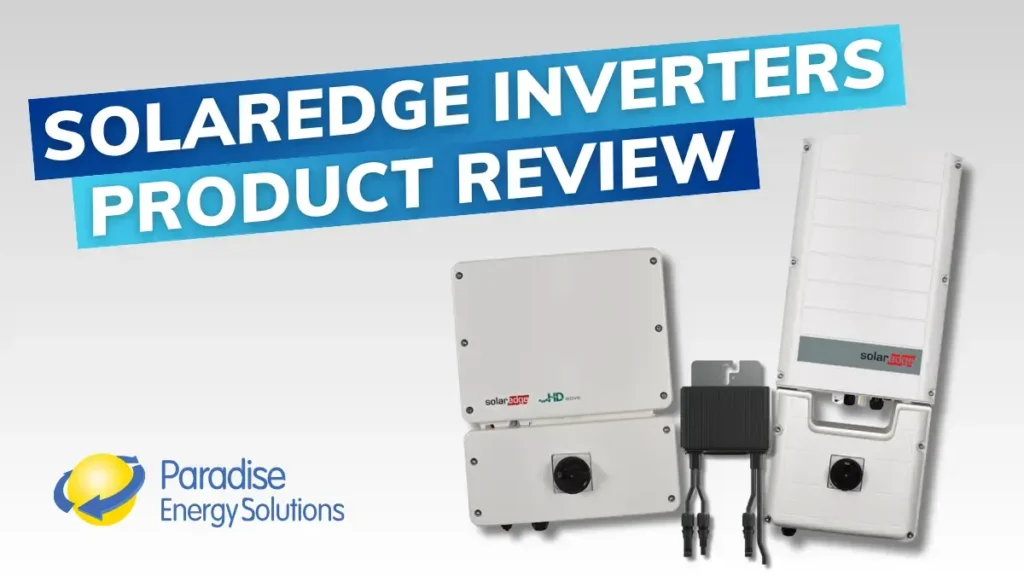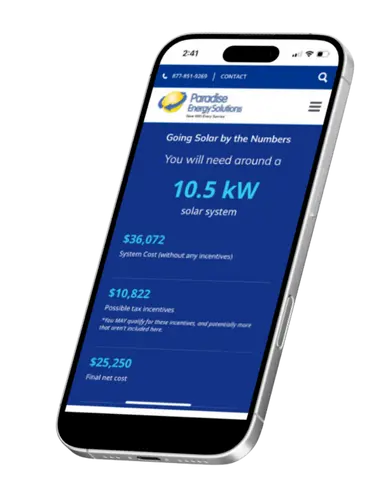The Ultimate Guide to Installing Solar Panels in Virginia For 2025
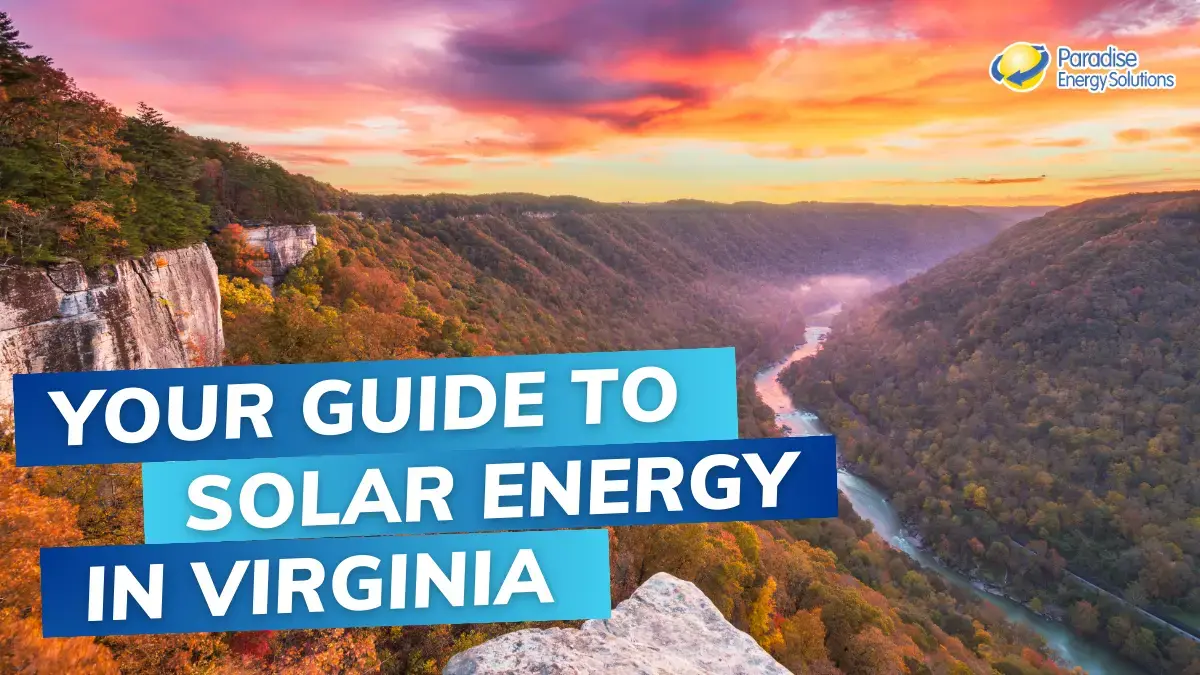
Is Solar Worth It In Virginia?
With plenty of sunshine and generous solar incentives, the potential for solar in Virginia is great.
That’s exactly why Virginia is ranked the ninth-best solar state in SEIA’s U.S. Solar Market Insight Report. Over 4,286 MW of solar is installed in the state, equivalent to 476,108 homes supplied by solar energy.
With electric rates rising steadily, combined with declining solar installation costs and generous solar incentives in Virginia, solar is a worthwhile investment for many of Virginia’s businesses, farmers, and homeowners.
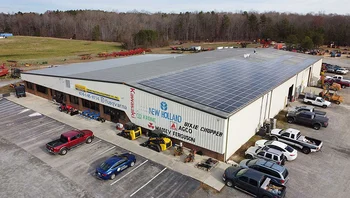
Virginia gets 4.2 – 4.5 peak sun hours a day on average. Florida, the sunshine state, gets 4.5 for comparison. With adequate sun hours and the 32nd highest electric rates in the country, Virginia homeowners and businesses can greatly benefit from a solar panel investment.
That’s exactly why Virginia is ranked the ninth-best solar state in SEIA’s U.S. Solar Market Insight Report. Over 4,286 MW of solar is installed in the state, equivalent to 476,108 homes supplied by solar energy.
With electric rates rising steadily, combined with declining solar installation costs and generous solar incentives in Virginia, solar is a worthwhile investment for many of Virginia’s businesses, farmers, and homeowners.
How to Get Started with Solar Energy in Virginia?
If you’re still relatively new to solar panels, getting started may seem like an overwhelming process. Keep reading below to learn more about how to get started and move forward with confidence.
Navigating the Solar Installation Process in Virginia
There are a few key steps to get started with a solar panel installation in Virginia.
- Step one: Request a site visit from a reputable solar company. The site visit will allow the solar company to evaluate the solar feasibility at your business or home. They will look to see if your roof is suitable for solar based on its orientation, shading, and structural considerations. If your roof isn’t suitable for solar panels or you would rather have a ground-mounted system, they will help you determine the best location for that ground mount. Ultimately, the goal of a site visit is to answer all your questions and find the most economical location for your panels.
Pro tip: If a solar company is unwilling to visit your property, it may be a good sign to move on to another company. - Step two: After deciding to proceed with your installation, you’ll want to select a reputable solar company to design your system, obtain permits, apply for grants, complete the installation, and maintain your system for years to come.
- Step three: After selecting your solar installer, they begin the design process and schedule your installation. The average residential installation will take a few days to a week to complete. Larger commercial and agricultural systems will take several weeks to months to design, permit, and install.
- Step four: This is the part you’ve been waiting for. The installation is complete, and your system is energized. Now, you can “Save With Every Sunrise.”
| System Size | Cost Before Incentives | Tax Credit | Cost After Tax Incentives | Year One Electric Savings | Year One SREC Income |
|---|---|---|---|---|---|
| 10 kW | $40,080 | $12,024 | $28,056 | $1,375 | $569 |
| 15 kW | $50,685 | $15,206 | $35,479 | $2,063 | $853 |
| 20 kW | $61,290 | $18,387 | $42,903 | $2,750 | $1,138 |
| System Size | Cost Before Incentives | Tax Credit & Depreciation | Cost After Tax Incentives | Year One Electric Savings | Year One SREC Income |
|---|---|---|---|---|---|
| 50 kW | $151,200 | $81,024 | $70,176 | $5,000 | $2,844 |
| 100 kW | $273,300 | $146,455 | $126,845 | $10,000 | $5,688 |
| 200 kW | $499,600 | $267,723 | $231,877 | $20,000 | $11,375 |
| Virginia | Mid-Atlantic States Average | Other Investment Options | |
|---|---|---|---|
| ROI | 9.55% for Residential 11.98% for Commercial |
8% for Residential 13.56% for Commercial |
Average Annual Stock Market Return Is 10% Average Annual Roth IRA Return is 7-10% |
| Payback | 16 Years for Residential 12.63 Years for Commercial |
15 Years for Residential 10.48 Years for Commercial |
* Sources: Average Annual Stock Market Return and Average Annual Roth IRA Return
Frequently Asked Questions When Going Solar In Virginia
How much can you realistically save by installing solar panels in VA?
The amount of money you will save with solar panels will vary greatly depending on your electric consumption and the size of your solar system.
In addition to the immediate tax savings generated by solar, Virginia homeowners can expect to save thousands of dollars over the lifetime of their solar panels. Most businesses will save hundreds of thousands over the lifespan of their solar panels.
What is net metering and how does it work?
In Virginia, utility companies are mandated to compensate solar owners for the surplus electricity they generate. This compensation process, known as net metering, allows solar owners to exchange electricity with the grid on a one-to-one basis. It ensures that solar owners are fairly rewarded for the electricity they contribute to the grid and draw from it during times of low solar energy production.
Learn more: How net metering works in Virginia
How do I find a qualified solar company in Virginia?
Solar is a long-term investment. To ensure the longevity of your system post-installation, it’s crucial to choose a trustworthy local installation company with experience, financial stability, and a dedicated service team.
The best way to find a reputable installation company is to research them online. Examine their website to learn about their team, company culture, and industry experience. Browse their reviews on Google and SolarReview.com. Ask to speak with their past customers.
Pro Tip: Ask your solar salesperson these 10 questions for a smooth and successful solar investment.
Do solar panels require a lot of maintenance?
How long do solar panels realistically last?
Can I go completely off-grid with solar in Virginia?
Going completely off-grid is an option, but it will be costly. Installing a whole-home battery system will cost upwards of $100,000.
The more cost-effective solution is to install a grid-tied solar system with a small battery system or generator to support your essential loads during short-lived outages.
Tool: Utilize our calculator to assess the optimal size and cost of a battery system tailored to meet your specific requirements.
Analyze Your Solar Return on Investment in 2025 with Our Solar ROI Calculator
Subscribe toOur Newsletter
Get the latest news, insights, and exclusive content delivered straight to your inbox.
